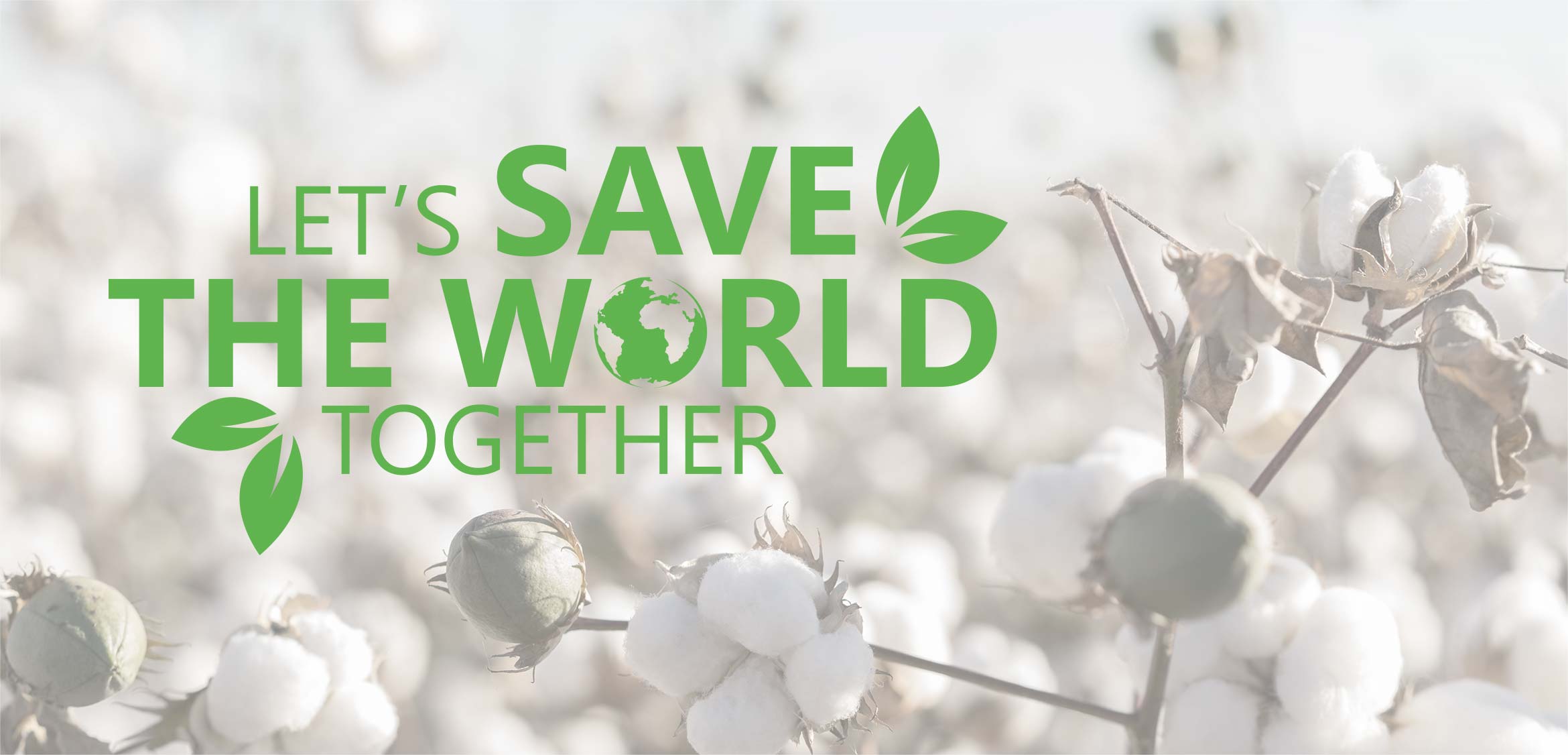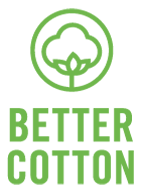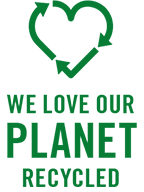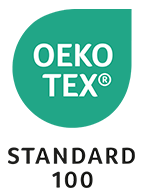
WE ACT WITH RESPONSIBILITY!
Our aim is to act in an environmentally friendly manner and to use the resources of our earth sparingly. We work every day to improve the sustainability criteria of our products. We know that there are still many development opportunities that we must and want to implement.
We pay attention to fair social working conditions as well as a guaranteed pollutant-free production within the legal requirements. Articles that particularly support our sustainability approach are marked with these labels:

Better Cotton stands for a sustainable cotton procurement in cooperation with the Better Cotton Initiative (BCI). The producers who are licensed to sell Better Cotton must fulfill social requirements, meet minimum ecological standards and continue to demonstrate improvements in this area. In the environment better cotton is characterized by the reduced use of pesticides, better water efficiency as well as methods of cultivation which preserve soil fertility and biodiversity.

Recycled materials for more sustainability. Substances that used to be considered waste are now regarded as important raw materials which when recycled helps to conserve the earth’s resources. Our items are partially made from post-consumer recycled (PCR) plastics. These are high-quality processed plastics from household or commercial waste. These plastics undergo processing and quality testing. “We love our Planet” – Less water, less energy, less waste, 100% quality!

The Standard 100 by Oeko-Tex® product label stands for textiles of all types which have been tested for harmful substances. It is awarded for raw materials, such as fibres and yarns, as well as for final production. The label guarantees that the product has been tested for substances that are harmful to health. The requirements of the Standard 100 by Oeko-Tex® also include harmful substances which are not regulated by law.
FAIRNESS & PARTNERSHIP IS
THE BASIC REQUIREMENT!

This is why the amfori BSCI Code of Conduct is an integral part of all our supplier contracts. The Code of Conduct is based on the conventions of the International Labor Organization (ILO), the universal human rights declarations of the United Nations, the UN Global Compact and the OECD guidelines.
The 11 principles of the Code of Conduct:
- the right of freedom of association and the right to collective bargaining
- adequate remuneration
- occupational health and safety
- special protection for young workers
- no forced labor
- ethical business practices
- no discrimination
- reasonable working hours
- no child labor
- no precarious employment
- environmental protection